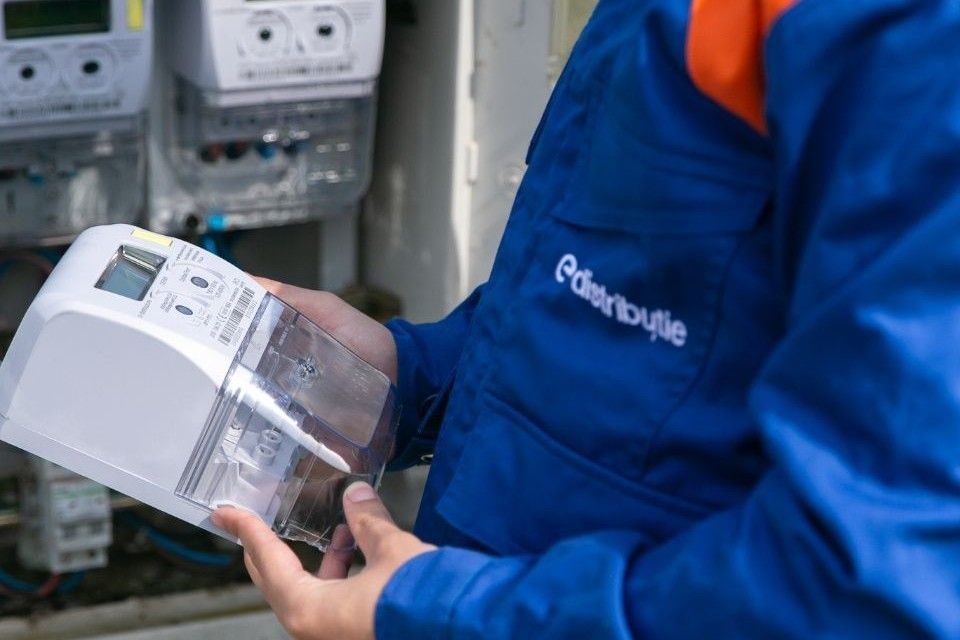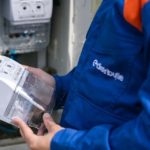What are the benefits of smart meters in terms of energy market liberalization

The liberalization of the energy market brought Romanian consumers a series of previously unavailable advantages: the possibility to change electricity suppliers and to select diversified offer packages, including the option to add technical assistance intervention services according to the needs of each individual. However, the benefits of liberalization can be much greater given the acceleration of digitization with smart meters. These meters are the technology of the future and have been used successfully in countries with faster adoption of advanced techniques for electricity grids.
In Romania, in accordance with current regulations, the process of switching electricity and natural gas suppliers currently lasts a maximum of 21 days from the date of notification of intent by the end customer. In the future, the premise for reducing to 24 hours the time needed to change the supplier will be ensured, after the completion of the National Energy Regulatory Authority project related to the “national data hub”.
According to ANRE, “the project refers to the development and implementation at national level of an online platform to optimize the operational processes in the energy market, processes generated by the requests to change the electricity and natural gas supplier by fully automating the management of the information flows. The integrated IT platform will use a single database at national level and will be a unique system accessible online for all market participants involved in the supplier change process (distribution operators, suppliers and end customers intending to switch supplier)”.
By installing smart meters, as an integral part of a smart metering system that actively communicates with the central system, customers can enjoy a number of advantages:
• The consumption is read automatically, allowing the application of differentiated pricing.
• The supplier will invoice the actual consumption, not an estimate, as the index is sent automatically, securely and without errors, eliminating the need to read the index on location
• As the data transmission is continuous, customers have more freedom to choose the supply offer, being able to opt for flexible prices (smart meter allows the storage of six types of pricing), configurable at hours, or day, week, month, season, along with the flexibility of the billing period (not necessarily monthly or quarterly).
• In the near future, smart appliances will be able to “read” automatically from the smart meter the differentiated prices and will decide when is the most convenient time to start. Thus, when suppliers develop offers based on flexible pricing, with the help of the smart meter, customers will be able to better manage their electricity consumption and even save money.
• The smart meter, the electricity consumption measuring device, ensures a bidirectional flow, remote and automated, between the central system of the electricity distributor and the final consumer.
• Having a smart meter facilitates connections, disconnections; in the future, closing or transferring the contract can be done remotely with the help of this technology.
ANRE estimates that, by 2028, approximately 4 million smart meters should be installed throughout the country. At the end of 2019, 1,120,790 smart meters were installed, compared to 988,507 forecasted.
The smart metering plan at national level was exceeded due to Enel’s distribution companies, which installed up to 26.7% more meters than provided.
This year, E-Distributie Muntenia installs approximately 80,000 smart meters in the counties of Bucharest, Giurgiu and Ilfov, E-Distributie Dobrogea, almost 41,000 smart meters in the counties of Calarasi, Constanta, Ialomita and Tulcea, while E-Distributie Banat installs meters with the new technology for approximately 50,000 customers in the counties of Arad, Caras-Severin, Hunedoara and Timis. The investments of Enel’s distribution companies in the over 170,000 smart meters amount to about 56 million RON in 2020.
By the end of the year, almost 900,000 Enel customers will benefit from this technology, as part of the Enel group’s strategy to offer smart meter technology to the 2.9 million electricity distribution customers in Romania. From 2015 until now, the investments made by the three Enel companies in the installation of smart meters reach about 240 million RON.
In the context of the complete liberalization of the Romanian electricity market, new technologies can greatly influence customer options, accelerating the dynamics of supplier change. Specifically, from January 1th, 2021, the regulated prices will disappear. Market competition will encourage suppliers to come up with the best price offers and related services for the benefit of consumers.
(P)













